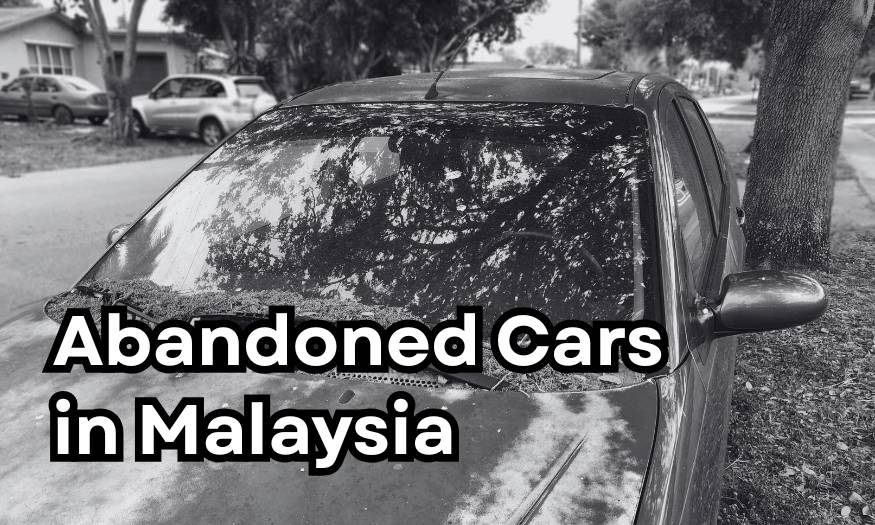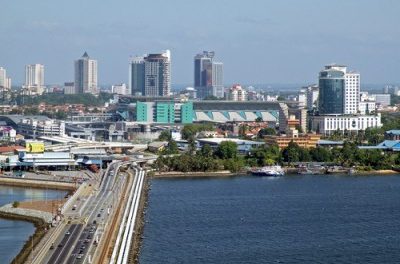If you’ve driven around Malaysian neighbourhoods recently, you might have noticed a growing problem: abandoned and derelict vehicles sitting idle for months. In Kuala Lumpur alone, more than 1,000 complaints on abandoned or damaged cars were recorded between January and May 2025. Many public housing areas also report hundreds of such vehicles clogging up parking lots.
While it may seem like just a nuisance, abandoned cars actually have a direct impact on property and real estate values. Here’s how.
1. Curb Appeal and First Impressions
Property is all about location and presentation. Rusting, vandalised cars parked outside a house, apartment block or shoplot reduce the neighbourhood’s visual appeal. For potential buyers and tenants, these are red flags — they suggest poor upkeep and neglect. That can translate into slower sales and lower offers.
2. Parking Space Shortages
In dense urban housing schemes, parking is already limited. Abandoned cars take up valuable lots, frustrating residents and making properties less attractive to prospective tenants or buyers who rely on secure parking. For landed homes, they may also block access or reduce convenience for visitors.
3. Safety and Cleanliness Concerns
Derelict vehicles are not just unsightly. They can:
- Obstruct emergency vehicles or rubbish collection.
- Attract pests, rubbish dumping, or even criminal activity.
- Raise safety worries among families with children.
All these issues can dampen the overall liveability of a neighbourhood, affecting demand for surrounding properties.
4. Management and Maintenance Costs
Strata bodies and property managers often face headaches trying to remove abandoned cars. Legal procedures require notices, waiting periods, and sometimes towing fees. These costs may eventually be passed on to residents through higher maintenance charges — another turn-off for buyers and tenants.
5. Signal of Poor Governance
Finally, abandoned cars send the wrong signal about local council efficiency. Investors and developers notice when basic urban management struggles, and this can reduce confidence in certain areas. A neighbourhood seen as neglected will always face a value gap compared to better-maintained zones.

What Agents Can Do
As real estate professionals, agents play an important role in addressing this issue:
- Identify early: During viewings, take note of any abandoned vehicles near the property.
- Document & escalate: Encourage owners or strata managers to lodge official complaints with local councils.
- Educate clients: Explain how abandoned cars may affect property value and tenant interest.
- Use positives in marketing: If an area actively clears abandoned vehicles, highlight it as a selling point for a cleaner, safer environment.
Bottom Line
Abandoned cars are more than just an eyesore — they directly impact property values, rental demand, and neighbourhood desirability. With the issue on the rise in 2025, property agents and owners should treat this as a factor in property presentation and management.
After all, a well-maintained street adds confidence, comfort, and ultimately, higher value to every property within it.






